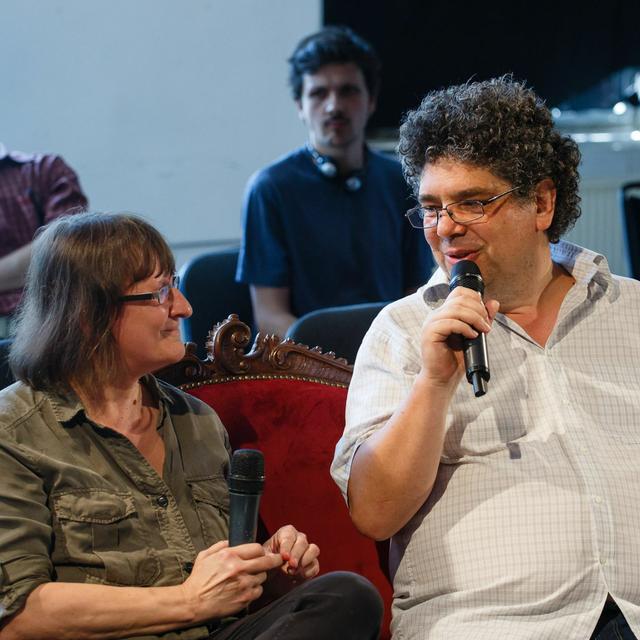
Episode description
Chances of plurilingualism in Europe as a tool for practicing participative democracy (13 June). From the anthropological point of view humans evolved language as a mean for social communication, to tie social bonds, then by sharing feelings and thoughts they further developed it to formulate knowledge in a creative way. Plurilingualism has been a natural status of communities throughout most of history, as well as the adoption of certain languages as lingua franca or even the creation of hibrid languages for communicating across linguistic communities has been frequent. How did language become a tool for political dominance manipulated by nationalism and colonialism in modernity? What are the forms of surviving plurilinguism in Europe? What are the specificities of language practices in the context of Western and Eastern Europe? And what can we learn from each other today in order to maintain and develop plurilingualism in Europe as a tool for practicing participative democracy?
With Róbert SCHWARTZ , László Fosztó, Csilla KÖNCZEI and Ingo Tegge
For the best experience, listen in Metacast app for iOS or Android
Open in Metacast